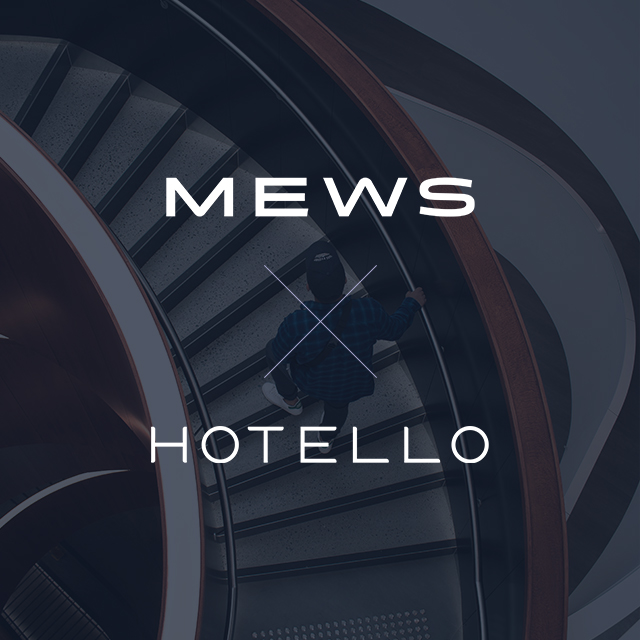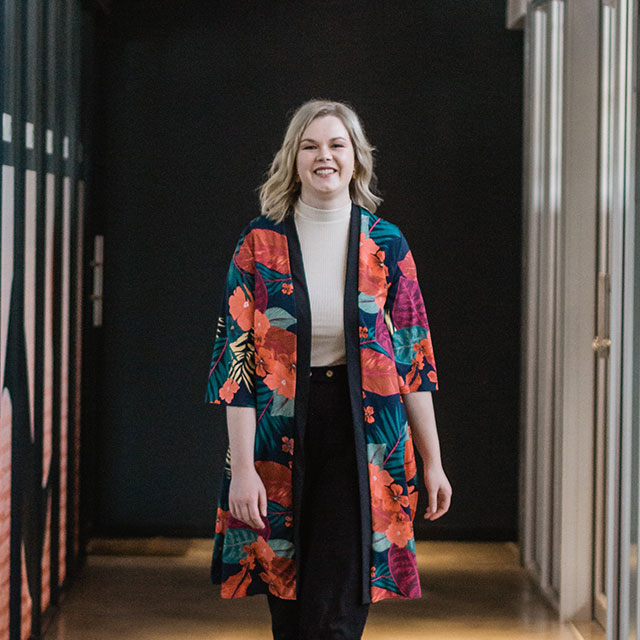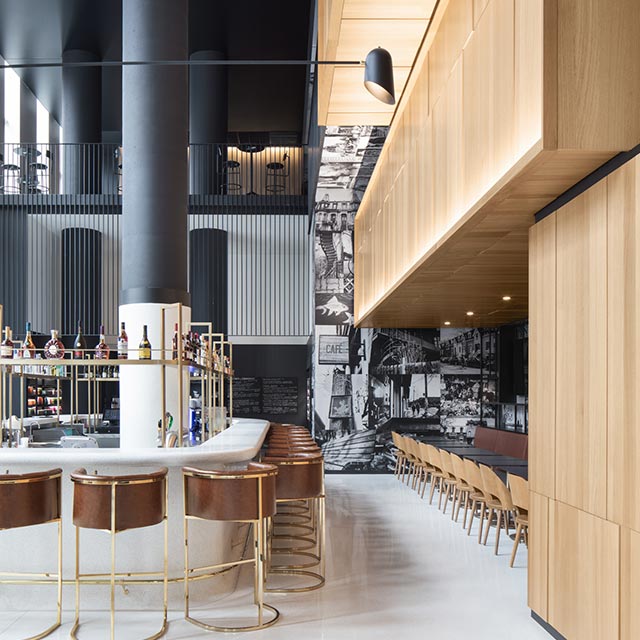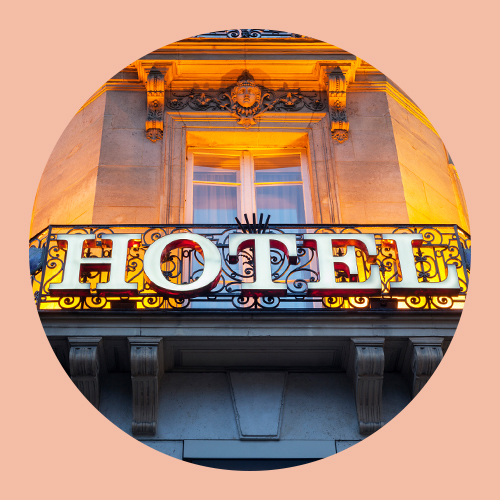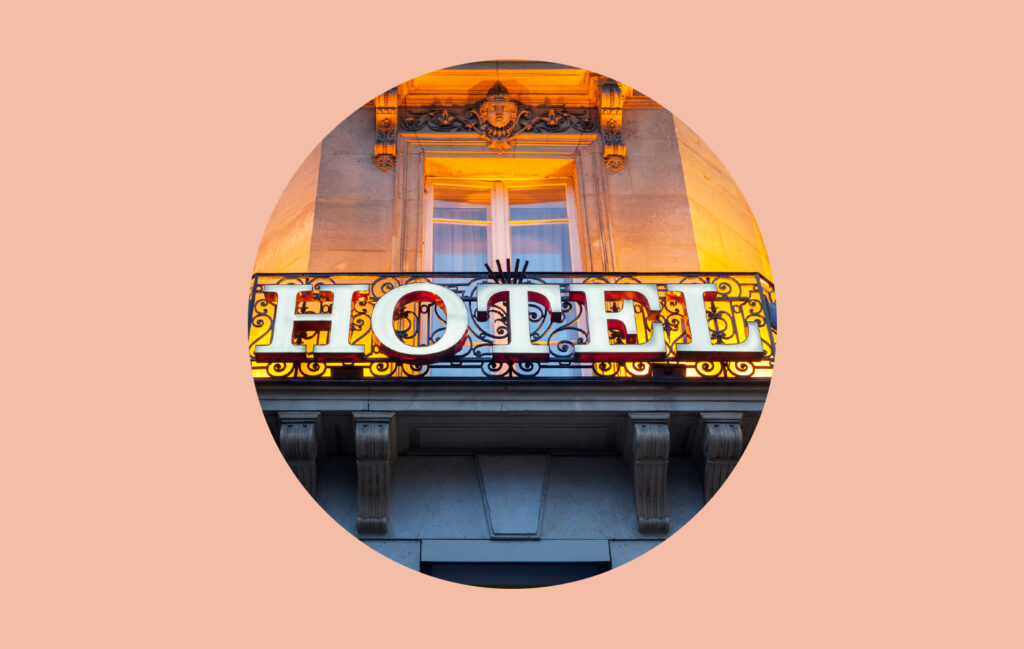
Property Management Software
Property management software is most often abbreviated with the acronym PMS. It can also be called rental software or booking software. The PMS is at the heart of every hotel as it contains all of the information concerning clients, rooms and the hotel’s income. It can generate bills, indicate room availability and provide information on rates for past and future nights. It can also automate many daily tasks and provide statistical data regarding income, which can then be used for marketing strategies. Many different hotels use a PMS to optimize their operation’s efficiency, as a PMS can speed up and assist with many different processes. A PMS equipped with advanced features usually offers sales and marketing modules, which help to boost occupancy and improve key performance indicators a hotel manager should monitor every day.
Central Reservation System
A central reservation system is most often referred to as CRS. The CRS is a booking software, which can control many different hotels’ inventory and rates for booking purposes. The CRS gathers different hotels’ data, from one or more PMS, in order to redistribute them in real time across different distribution channels. It thus allows hotels to reach their clients via different distributors. The CRS is operated by a hotel, a group of hotels or a hotel chain. When operated by a single hotel, it is often because units or rooms are quite far from each other geographically. The CRS can be beneficial for hotel managers as it can control distribution and thus the hotel’s revenue. It can also quickly adjust rates. The CRS is also useful for the hotel’s clients as they can easily check availability and compare rates of different hotels in the same region.
Channel Manager
A channel manager is a software that can connect the PMS to various online travel agencies (OTAs, rate comparators, etc.) and update them automatically. The Channel Manager gathers the PMS’ data on rates and availability and sends this data to the different online booking platforms. This way, when a room is booked on a platform, its availability is removed from the other platforms. The Channel Manager also allows the hotel manager to close sales on certain platforms when their room inventory is low or when he/she does not wish to use distribution channels for a certain type of accommodation. The Channel Manager allows the transfer of this data across various channels in one go, thus avoiding to repeat the modifications for every single distribution channel.
Booking Engine
A booking engine is a software, which allows the internet user to directly book on the hotel’s website. The Booking Engine shows the inventory for each type of room or rate, allowing the internet user to book their desired stay. The Booking Engine acts as a middleman between the potential client and the PMS. It is therefore often linked to the PMS in order to facilitate the automatic rate and inventory update online, in order to avoid overbooking. The connectivity between these two systems allows the PMS to receive data on bookings, to create a booking and to remove the room(s) booked from its inventory, thus updating the new availabilities online. The Booking Engine usually carries out tasks automatically, such as sending a confirmation email upon a booking, taking into account online payments and gathering data on clients.
OTA
OTA is an acronym for online travel agencies. These agencies market tourism services. OTAs actually consist of a number of hotels/travelling options and allow the internet users to look up travel and accommodation options according to their desired destination, and thus being able to compare many hotels all on the same website. The most famous and used OTAs across the world are Booking.com, Expedia.com and Hotels.com, but some smaller ones exists for specific geographical locations.
GDS
GDS is an acronym for global distribution systems, which are electronic platforms that book travelling services in real time and across the world. These services range from plane tickets, hotel rooms, car rentals, packages, etc. These electronic platforms allow travel agents or clients to check the availability and rates before making a service booking via an online agency. The most internationally famous GDSs are Amadeus, Sabre and Abacus.
FIT
FIT stands for free independent travellers. These are independent travellers wishing to escape mass tourism by travelling in a unique fashion. They are leisure travellers who pick their destination and coordinate their stay independently for their whole vacation. FITs can usually be identified by two types: those having a limited budget using small budget solutions and those with a larger budget consulting a travel agency to see what they have to offer. FITs will most often than not have already paid for their trip with their travel agency, which will provide them with many vouchers or coupons they will need to redeem services during their trip. They are also usually able to improve their trip later by paying for extras.
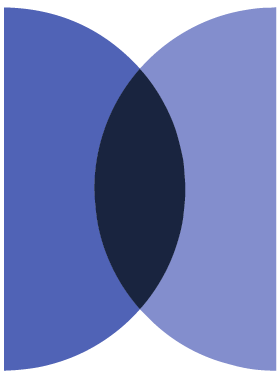 Log in
Log in



